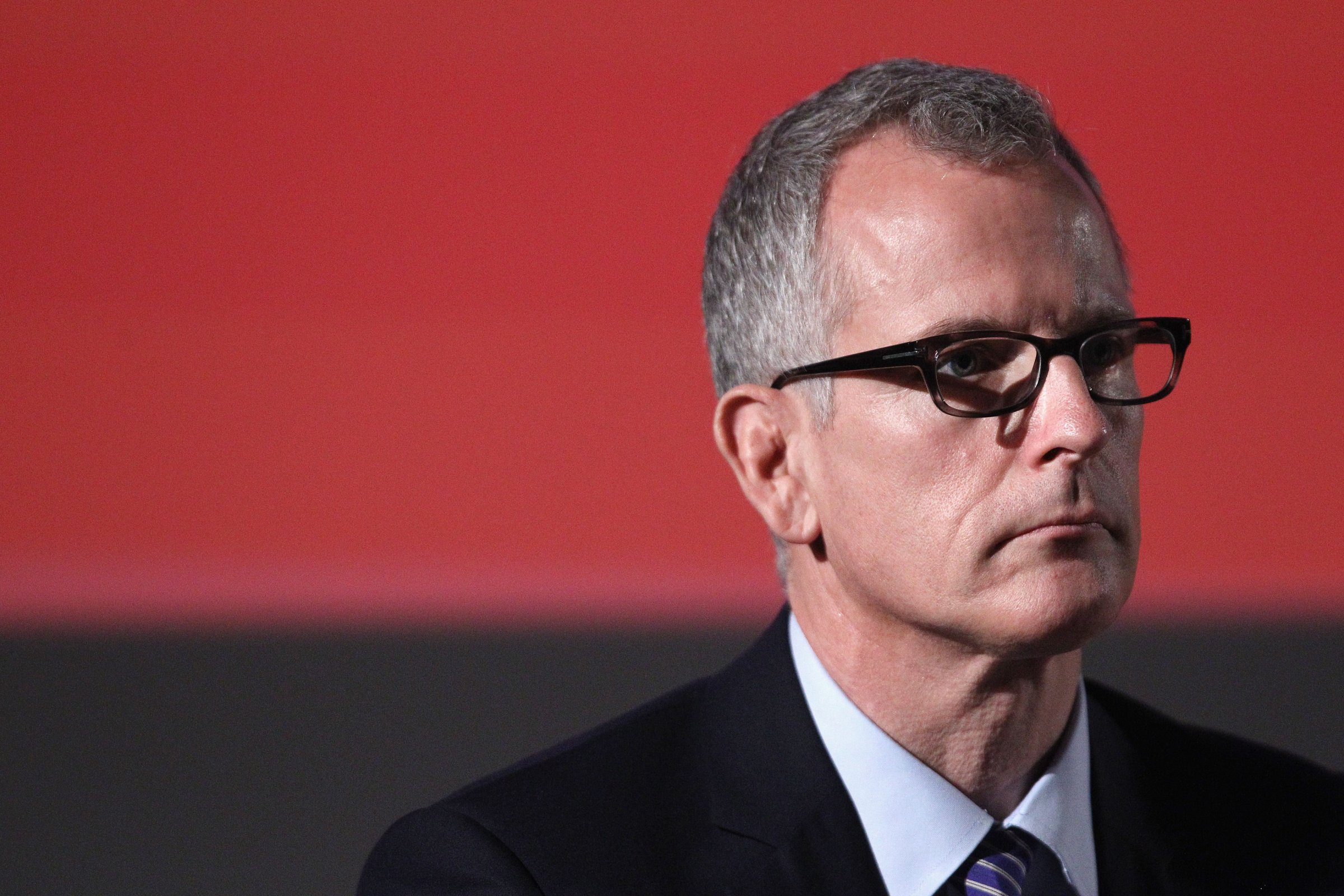
I believe that cannabis should be treated as a health issue, rather than a criminal justice issue — and so I’m really pleased that my Liberal Democrat party has pledged to introduce a legal, regulated market for cannabis if the party wins the United Kingdom’s general election on June 8.
This is a policy I have been working on for decades, as a high-ranking officer in London’s Metropolitan Police and as a politician. In 2002, when I was a police officer, I suggested to the commissioner that we didn’t arrest people for small amounts of cannabis. For 12 months we ran a pilot scheme in Lambeth, in south London, where people arrested for cannabis were turned away at the door of the police station.
The consequence of the scheme was that more cannabis was confiscated on the streets and people were given warnings, rather than were arrested. We saved thousands of hours of police officer time, Crown Prosecution Service time and court time. The number of arrests for dealing drugs went up, the number of arrests for possession of Class A drugs — which carry the harshest penalties — went up and the overall level of crime went down.
At the end of the 12 months, an independent evaluation by the Metropolitan Police Authority concluded that the pilot was a success. But then Gordon Brown took over from Tony Blair as Prime Minister and felt that he wanted to be seen to be hard on drugs. He reclassified cannabis as a more dangerous drug; the consensus among major parties was to continue the war on drugs, and to that extent the law didn’t change.
However, as a consequence of that pilot it became national police practice that officers could seize cannabis and warn people on the street without arresting them, at their discretion. The government also changed the law to allow somebody found in possession of cannabis to be issued with a fixed penalty ticket, instead of being arrested and convicted of a criminal offense.
A lot more research into cannabis legalization has been done since then – and we’ve also seen international examples in places like Colorado and Uruguay. In 2015, the Liberal Democrats commissioned an independent panel to investigate the case for a fully-regulated cannabis market, which concluded that it could raise between £500 million ($644 million) to £1 billion ($1.29 billion) in tax, with little if any negative impacts on cannabis use and positive impacts on public health.
I think there are three main benefits to legalization. One is the money it could generate. By extrapolating what’s happened in Colorado and scaling it up to what would happen in the U.K., studies show – and this has been fact checked by the BBC – that the estimated £1 billion in tax revenues is actually an underestimate of what could be raised. This money could go towards educating young people about the harms caused by illegal drugs, as well as to treat people who are addicted to drugs.
The second benefit is a massive saving of police time. If the police are told that they are no longer expected to go after people for possession for small amounts of cannabis then they can concentrate on more serious crimes. Additionally, all sorts of issues arise out of the way cannabis is policed, not least in stop and search. The vast majority of stop and search carried out by the police is allegedly to search for drugs and it disproportionally affects black and minority ethnic people.
And the third issue is being able to control the content of drugs so that people know exactly what they’re getting. The harmful effects of genetically modified cannabis could be reduced by taking the supply of cannabis out of the control of criminals and putting it into the hands of people who are going to be far more responsible.
There is an argument that cannabis is a gateway drug, but I don’t agree with it. Research shows that 9% of people who use cannabis in their lifetime find themselves addicted to it at some point, compared to 15% who become addicted to alcohol and 32% who become addicted to nicotine. If you say cannabis a gateway drug – and I think the evidence is ambiguous on that front – then you have to say the same applies to alcohol and nicotine. It’s not a strong argument to say cannabis is worse because it’s illegal.
I think there is a lot of misconception and misunderstanding, particularly amongst older generations, about narcotics. They are often perceived as the cause of a lot of harm, as opposed to being a symptom of other issues that cause people to misuse drugs. I think young people will have a lot more experience of the issues surrounding the use of cannabis and will therefore have a more objective and realistic view of the problems associated with drug measures. I think they are more likely to see cannabis legalization as a sound policy.
What I would really like to see is dealing in cannabis taken out of the hands of criminals and gangsters and regulated so that people who are under 18 can’t get hold of it like they easily can now. I want the strength of the cannabis to be controlled, because the genetically modified “skunk” is particularly harmful. And I’d like the tax revenues to be invested in education and treatment for all sorts of drug misuse. From where I’m looking, there are all sorts of positive consequences and very few downsides.
More Must-Reads from TIME
- Inside Elon Musk’s War on Washington
- Meet the 2025 Women of the Year
- The Harsh Truth About Disability Inclusion
- Why Do More Young Adults Have Cancer?
- Colman Domingo Leads With Radical Love
- How to Get Better at Doing Things Alone
- Cecily Strong on Goober the Clown
- Column: The Rise of America’s Broligarchy
Contact us at letters@time.com